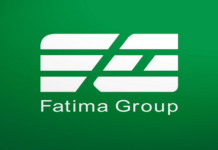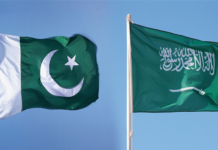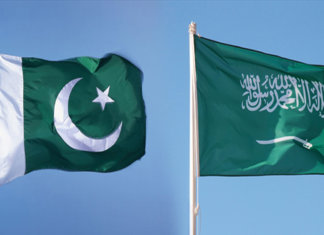The federal government has unveiled a detailed five-year privatisation roadmap, which targets the sale of 24 state-owned enterprises (SOEs) in three phases. Federal Minister for Privatisation Abdul Aleem Khan, in a written reply to a question to the National Assembly, presented the detailed privatisation roadmap before the House on Thursday.
The first phase of the plan involves the privatisation of 10 state entities, including Pakistan International Airlines (PIA), Roosevelt Hotel New York, the Zarai Taraqiati Bank Limited (ZTBL), PIA-IL (Roosevelt Hotel, New York), First Women Bank Limited (FWBL), House Building Finance Corporation, Pakistan Engineering Company (PECO), Sindh Engineering Limited (SEL), Islamabad Electric Supply Company Limited (IESCO), and Faisalabad Electric Supply Company Limited (FESCO).
In the second phase, 13 entities will be privatised, including the Utility Stores Corporation, four generation companies (GENCOs), Gujranwala Electric Power Company Limited (GEPCO), Pakistan Re-Insurance Co Ltd (PRCL), State Life Insurance Corporation (SLIC), Jamshoro Power Company Ltd, Central Power Generation Co Ltd (CPGCL), Northern Power Generation Co Ltd (NPGCL), Lakhra Power Generation Co Ltd (LPGCL), Lahore Electric Supply Company Limited (LESCO), Multan Electric Power Company Limited (MEPCO), Hazara Electric Supply Company Limited (HAZECO), Hyderabad Electric Supply Company Limited (HESCO), Peshawar Electric Supply Company Limited (PECSO), and Sukkur Electric Power Company Limited (SEPCO).
In the final phase, the government plans to privatise the Postal Life Insurance Company.
The minister stated that this initiative is part of the government’s broader economic reform plan aimed at enhancing efficiency and reducing the financial strain caused by underperforming state-owned enterprises.
In a written response to a query, Minister for Finance and Revenue, Senator Muhammad Aurangzeb, mentioned that inflation averaged 4.5% for FY2025, a significant decrease from 23.4% in FY2024.
He further noted that inflation for July FY2026 stood at 4.1%, compared to 11.1% in the same month last year. The minister emphasized that the government has developed a comprehensive strategy to combat inflation and stabilize essential goods prices through administrative measures, policies, and relief programs.
Additionally, he revealed that in the FY2025-26 budget, the government increased its support for low-income families by expanding funding for social welfare programs. A total of Rs 716 billion has been allocated to the Benazir Income Support Programme (BISP), marking a 21% increase compared to the previous year.
Meanwhile, the Ministry of Commerce shared details of the recently negotiated trade agreement between Pakistan and the United States. The agreement focuses on increasing US investment in Pakistan’s mineral sector, particularly in copper, which has been exempted from a 50% import tax. This creates significant export opportunities for Pakistan, a leading holder of global copper reserves.
The two countries are also working to reduce trade barriers, with the US lowering import taxes on Pakistani goods from 29% to 19%. This agreement is seen as a major step forward in improving Pakistan’s trade relations with the US.
























